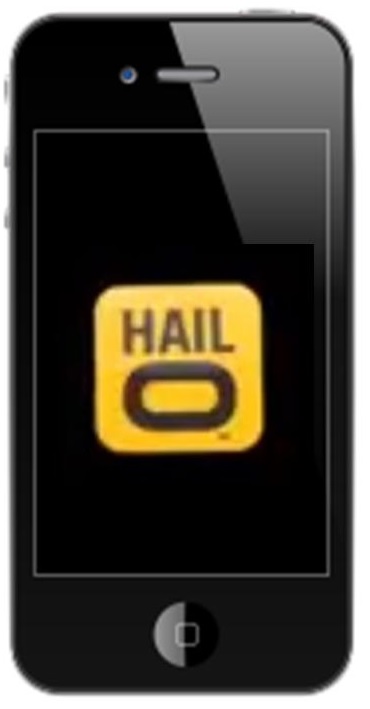Mobile commerce is growing
Mobile commerce has been showing strong growth around the world, but not everyone is making mobile payments. This is largely due to a lack of experience with mobile commerce platforms. While many consumers spend a significant amount of their time on a smartphone or tablet, relatively few of these people are comfortable with the concept of mobile commerce due to lack of exposure to the concept itself. Hailo, a venture capital-backed company that matches taxi drivers and passengers through the use of mobile applications, believes that there is a promising future ahead for mobile commerce.
Hailo helps expose consumers to new concepts
Hailo can find a person a taxi in many of the largest cities around the world. The application even allows passengers to pay cab fare using only their mobile device. Hailo believes that the service is quite beneficial to those that have somewhere to go in a hurry and it has certainly become useful to those that are too inebriated to drive safely. Hailo’s line of applications are not, of course, strictly designed to function as mobile commerce platforms, but they may be exposing more users to the concept of mobile commerce than many people realize.
 Application may provide a much needed introductory step to mobile commerce
Application may provide a much needed introductory step to mobile commerce
Hailo CEO Jay Bregman believes that mobile commerce will change the way people live their lives. Hailo’s impressive popularity is enough to suggest that this may be the case, as it has won praise from consumers for its mobile commerce capabilities. Bregman claims that the Hailo application can open up new doors in the future within the realm of mobile commerce, with the application itself serving as a low-impact first step for those that are unfamiliar with mobile payments in general.
Mobile commerce may change the way people pay for goods and services in the future
While many consumers have expressed interest in the idea of mobile payments, most do not participate in mobile commerce because they are uncertain of how to do so. The Hailo application can be considered as an introduction to mobile commerce, showing how consumers can pay for services that are quite valuable to them without actually using any form of physical currency.

 Consumers – particularly those that shopped at Best Buy, Walmart, and Target – were also noted to be beginning to use their smartphones to make purchasing decisions via mobile commerce channels while they are actually in the stores. These three brands all encourage their shoppers to use their own apps while they are within their stores. According to Parks Associates, it is Target shoppers that are most likely to use these applications while they are looking to purchase a consumer electronics product.
Consumers – particularly those that shopped at Best Buy, Walmart, and Target – were also noted to be beginning to use their smartphones to make purchasing decisions via mobile commerce channels while they are actually in the stores. These three brands all encourage their shoppers to use their own apps while they are within their stores. According to Parks Associates, it is Target shoppers that are most likely to use these applications while they are looking to purchase a consumer electronics product.